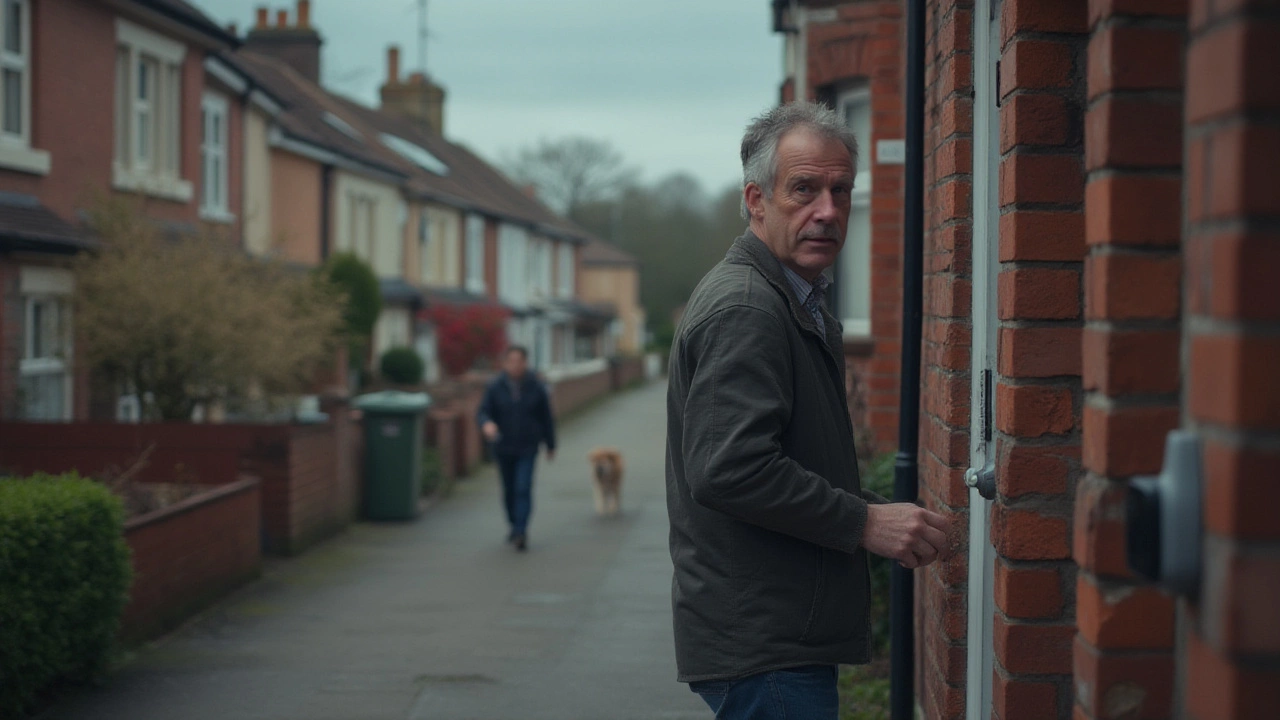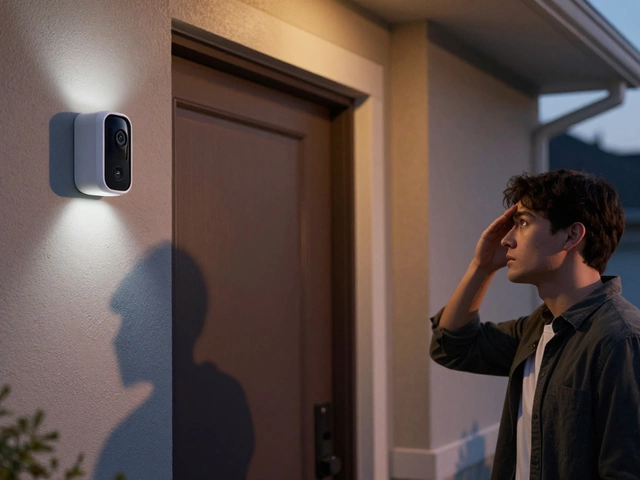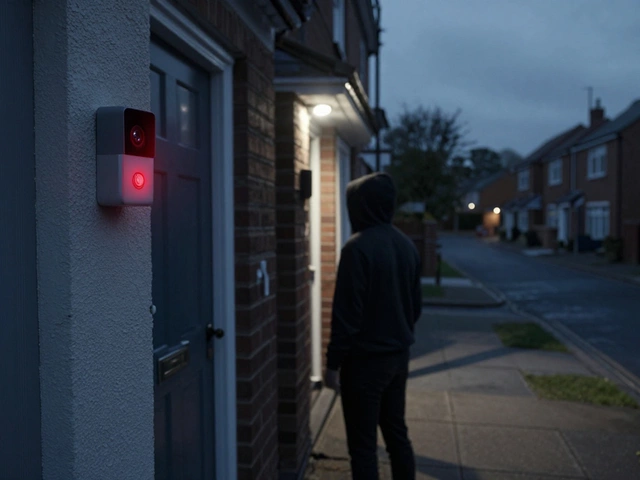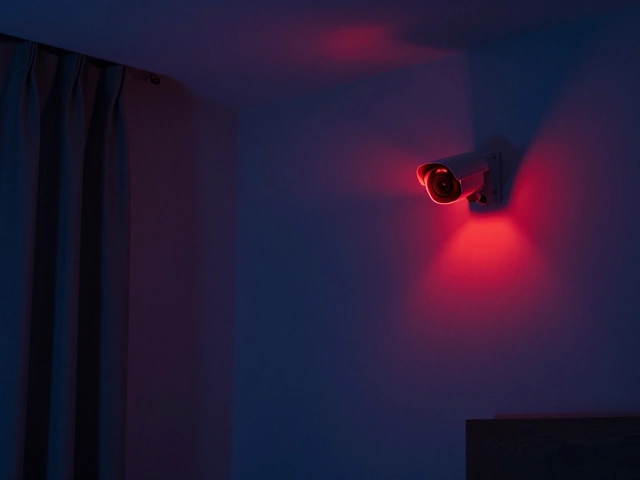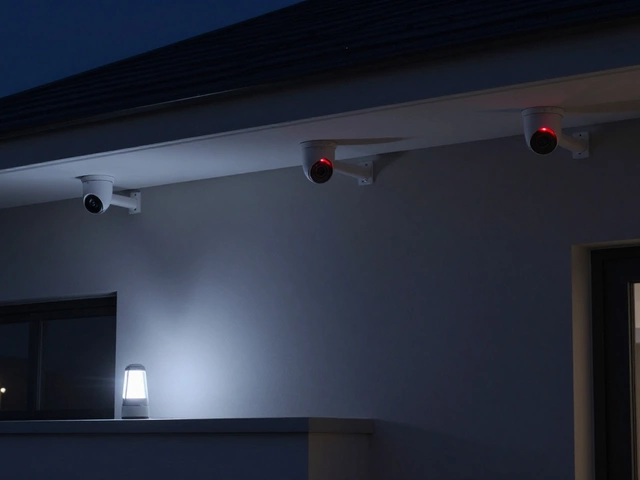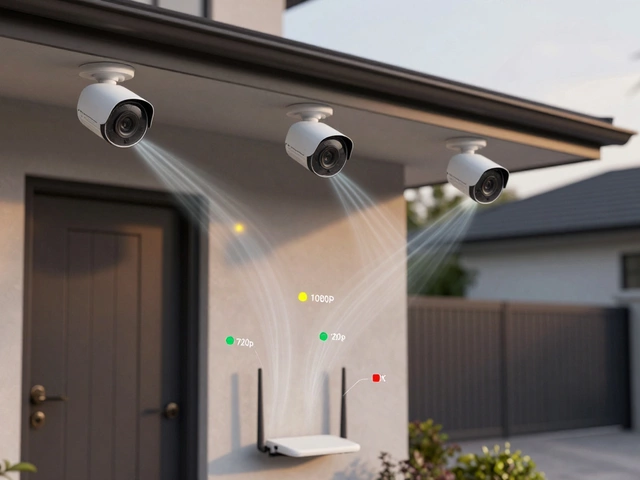Imagine firing up your phone and checking your Ring camera just for an Amazon delivery, only to get a message from your neighbor claiming you’re “spying.” Maybe you’ve seen one of those heated neighborhood posts on Facebook—someone ranting about doorbell cameras staring right at their front yard. Security tech is everywhere these days, but can a simple video doorbell land you in hot water legally? If you’ve ever hesitated before hitting “install” on a new smart camera, you’re not alone. My kids are mostly interested in seeing if they catch squirrels on our front stoop, but grown-up concerns aren’t as cute. Let’s unravel this legal maze—what’s allowed, what’s risky, and how you can stay out of trouble with your Ring.
Privacy Laws, Recording, and How Ring Doorbells Fit In
First off, there’s no single answer that covers every yard in every country, or even every city. Laws about recording video and audio on your property jump around the map. In the United States, the default rule: if your camera is pointed at your own property, you’re probably in the clear. Your front door, porch, walkway, and even your driveway are fair game. Interior Ring cameras? Go nuts—as long as you’re not recording guests secretly in, say, your bathroom (obviously illegal, and pretty disturbing). But things get fuzzy when cameras grab what’s happening outside your property line.
Here’s where things start to get tricky: many Ring and similar cameras also record audio. In plenty of states across the US, you are required to inform people or get their consent if you are recording their voices. The legal term for this is "one-party" or "two-party" consent, and it mainly comes into play with audio. In a "one-party" state like New York, only one person in the conversation (that could be you, overhearing through the doorbell) needs to know. In "two-party" states such as California and Florida, everyone being recorded should be informed. So, if your Ring’s mic scoops up heated arguments or private chats on the sidewalk, you could run afoul of local wiretapping rules.
Across the pond, the rules get a bit stricter. The UK’s Information Commissioner’s Office (ICO) states that if a doorbell camera covers areas beyond your property boundary, for instance, public sidewalks or a neighbor’s driveway, you need to comply with the UK’s Data Protection Act and GDPR. That can include letting people know they’re on camera and handling their data responsibly. If you live in an apartment block or condo, local building regulations may also have their own set of guidelines about recording shared spaces.
Here’s a fact that surprises people: In 2023, a man in Oxfordshire, England, was ordered by the court to pay damages to his neighbor because his Ring doorbell cameras captured audio and footage of her property. She said she felt like she was being constantly watched. The judge found that his camera setup did breach her privacy—especially because the audio picked up conversations from 60 feet away. A similar case in California had the court side with a homeowner, as the footage didn’t show anything private or inside the neighbor’s home. The line between legal and illegal can be thin—it often comes down to how the camera is positioned and if you’re recording stuff you don’t need to.
For context, here’s a quick reference table with relevant US laws about recording:
| State | Audio Consent Law | Video Privacy Law |
|---|---|---|
| California | All-party (everyone must consent) | Expectation of privacy applies |
| Texas | One-party consent | No specific video privacy law for outdoors |
| New York | One-party consent | Video allowed if no privacy is expected |
| Illinois | All-party consent | Limited expectation of privacy exception |
| Florida | All-party consent | Expectation of privacy applies |
Now, you may be wondering, “Can I just point my Ring anywhere and ignore complaints?” Short answer: not if you want to keep things friendly—or legal. The most common issues come up if your camera is aimed toward a neighbor’s window, yard, or anywhere people spend private time. Courts usually side with privacy when cameras capture spaces meant to be private. So, if your Ring faces the street or your yard, you’re safer. If it aims right at the neighbor’s hot tub, you might be in for a lawsuit—or at least an angry conversation at the mailbox.
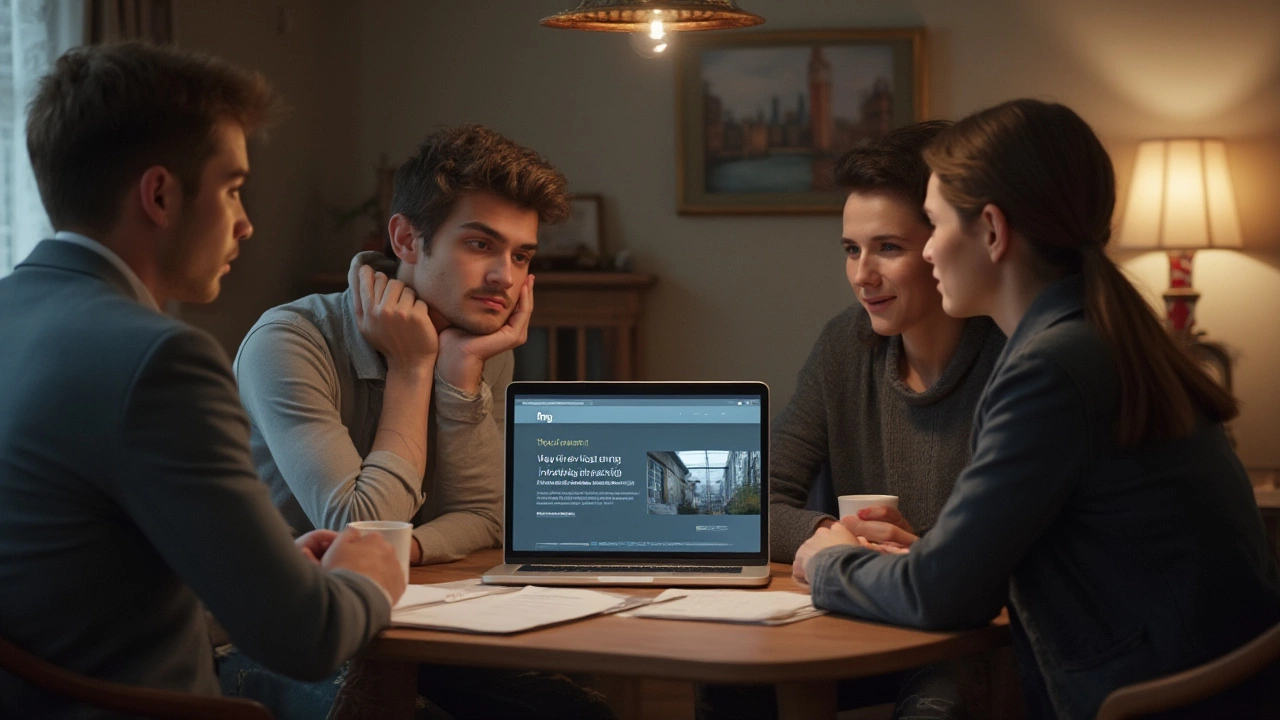
When Ring Doorbells Spark Real Trouble: Disputes and Cases
Let’s get into the stories that keep Reddit’s legal advice forums busy. Doorbell cameras have exploded in popularity; in 2024 alone, more than 20 million households in the US installed at least one video doorbell, according to reliable industry trackers. For many, the worst thing that happens is catching a raccoon trashing the garbage. But there are plenty of cases where things escalated into full-blown neighbor disputes and court drama.
Case in point: Take the classic scenario—your camera just so happens to catch your neighbor’s garage and driveway. Maybe you thought nothing of it until one day you’re sent a nasty letter, or even worse, a police officer shows up asking about “illegal surveillance.” Courts in most states will ask, “Was there a reasonable expectation of privacy?” If you’re filming common areas, like the sidewalk, or even your neighbor’s front yard, the answer is usually “no” because anything visible from a public street is fair game. However, if you aim your lens right at someone’s bedroom window, you may cross the line into invasion of privacy, a civil offense that could cost you money—or your neighborhood friendships.
Here’s the thing: Judges in the US rarely penalize people simply for owning a video doorbell. But if a neighbor can show that your camera’s zoom+angle means you’re constantly recording inside their house or backyard—where they expect privacy—the law gets less forgiving. A 2022 local court case in Illinois had a homeowner move their doorbell after a judge ruled it “unreasonably intrusive,” mostly because the videos captured neighbors sunbathing in their own backyard. Judges also pay attention to whether the recordings are being kept, shared, or used maliciously.
Audio is what most people forget. Ring doorbells aren’t just video—they capture sound, often from a surprising distance. One test by a consumer group found that a Ring microphone picked up words clearly from 40 feet away on a windy day. If you’re in a state with strict consent laws and you record voices without telling people, you could be breaking the law—even if your intention was safety, not eavesdropping. That’s landed a few unwitting users in hot water, sometimes with fines or forced camera re-positioning.
An odd little note: Cops love Ring footage as evidence, but even they have to follow procedures. In a handful of cities, police departments have partnered with Ring—sometimes knocking on doors to request footage after a crime. Some critics have claimed this tips the balance away from privacy, but so far, no court has ruled the act of sharing your own footage is illegal (as long as you recorded it legally).
Here are some real-life lessons:
- If you want to avoid trouble, never point your Ring straight at anyone’s window, bedroom, or private area.
- Keep your camera focused on your entryway or driveway, not the neighbor’s porch.
- If you live in a condo or shared housing, check for building policies. Some have strict bans.
- Put up a visible sign—“Video doorbell in use” can go a long way to keep things transparent and polite.

How to Use a Ring Doorbell Safely and Stay Out of Trouble
If you’re looking to maximize safety without drama, there are some easy wins. To start, make sure that your camera covers your own doorway and front steps—not the neighbor’s windows or backyard. Most Ring models let you fine-tune the area it records, called “motion zones.” Pull up the app and you can zone out everything but your immediate porch. Smart, right?
The Ring doorbell legality question really boils down to being a good neighbor and knowing local law basics. For example, in California and other “two-party” states, consider turning off audio recording or giving a polite heads-up to everyone coming onto your porch. Some people post little signs—“This property is protected by 24/7 video monitoring”—mostly for peace of mind, but in some places, it’s actually a requirement if you’re capturing public spaces. (Nolan and Avery love the sign; they think we’re running a spy headquarters.)
If a neighbor complains—don’t just brush them off. Listen to their concern and, if possible, adjust the angle or motion zones. It’s easier to tweak the camera than to fight a battle you don’t care about. If you believe someone is intentionally misusing footage—like sharing clips out of context or for harassment—call the cops or speak to an attorney. Laws on “revenge porn,” cyberbullying, and harassment sometimes cover video shared without consent. But for the vast majority, these issues are rare. Keeping things above-board, facing the right direction, and using basic courtesy solves almost every problem.
Here’s a quick checklist for worry-free Ring use:
- Angle cameras to only record your property.
- Use motion and privacy zones to limit what you record.
- Notify visitors, especially in areas where audio laws are strict.
- Secure your account—use strong passwords and multi-factor authentication so hackers can’t access footage and put you on the news.
- Check neighborhood or building rules before setting up your device.
- Delete recordings regularly unless you need them for safety or evidence.
I asked Nolan once if he cared that the camera caught his snack raids. He just shrugged—kids grow up on video these days. But for older folks who remember when neighborly disputes meant a stern word over the fence, the new rules can feel tricky. A bit of transparency and a dash of empathy works wonders. And if you’re ever unsure, a quick Google check for your state’s privacy and recording law, or (better yet) a one-minute call to a local attorney, beats a lawsuit.
Ring cameras really can help families feel safer—tracking deliveries, catching porch pirates, sometimes just letting you say “hi” to the kids from the office. But no gadget is worth feuding with the folks next door, or a surprise court case. Stay informed, stay neighborly, and your Ring will do what it’s meant to: keep life simple and secure, not a legal headache.

